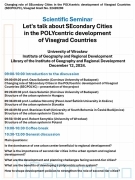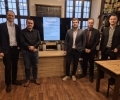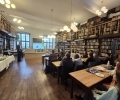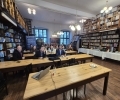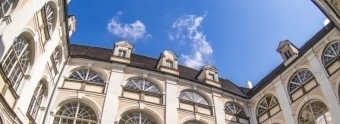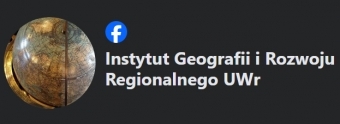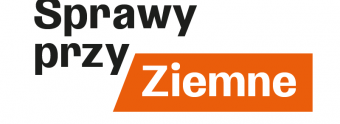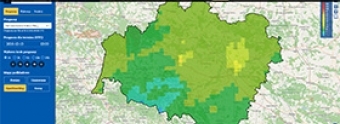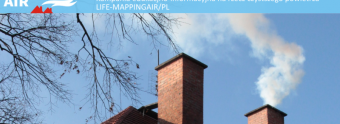W dniu 12 grudnia 2024 r. w Bibliotece Instytutu Geografii i Rozwoju Regionalnego odbyło się Seminarium pt. 'Let's talk about SEcondary Cities in the POLYcentric development of Visegrad Countries'. Seminarium zostało zorganizowane jako element kick-off meeting w projekcie: 'Changing role of SEcondary Cities in the POLYcentric development of Visegrad Countries (SECPOLYC), Visegrad Grant No. 22420290'.
W pierwszej części Seminarium członkowie zespołu projektowego zaprezentowali 5 wystąpień:
-
prof. Geza Salamin (Corvinus University of Budapest) Changing role of SEcondary Cities in the POLYcentric development of Visegrad Countries (SECPOLYC) – presentation of the project
-
prof. Geza Salamin (Corvinus University of Budapest) Structure of the urban system in Hungary
-
prof. Ladislav Novotný (Pavol Jozef Šafárik University in Košice) Structure of the urban system in Slovakia
-
prof. Stanislav Kraft (University of South Bohemia in České Budějovice) Structure of the urban system in Czechia
-
Robert Szmytkie (University of Wrocław) Structure of the urban system in Poland
Stanowiły one punkt wyjścia do dyskusji w pięciu głównych blokach tematycznych:
-
Is the dominance of one urban center beneficial to regional development?
-
What is the importance of second-tier cities in the urban system and regional development?
-
What are the development and planning challenges facing second-tier cities?
-
What are the benefits of developing a polycentric urban system?
-
How to shape development policies to strengthen the role of second-tier cities?
W Seminarium uczestniczyli: pracownicy IGRR oraz przedstawiciele instytucji zajmujących się kształtowaniem polityki miejskiej czy planowaniem regionalnym i strategicznym w odniesieniu do miast II rzędu (m.in. Urząd Marszałkowski Województwa Dolnośląskiego, Instytut Rozwoju Terytorialnego we Wrocławiu, Rada Miasta Wrocławia, Agencja Rozwoju Aglomeracji Wrocławskiej).
Po południu, członkowie zespołu projektowego wygłosili również prezentacje dla studentów.

